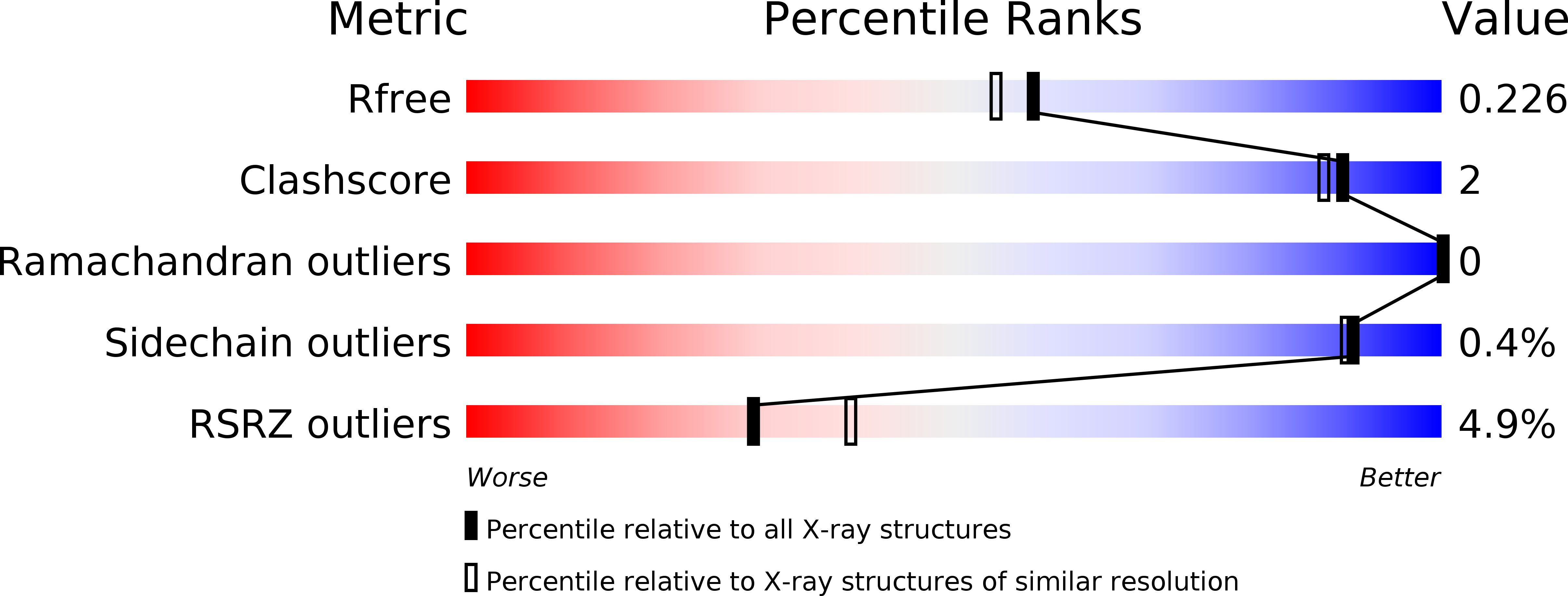
Deposition Date
2019-10-08
Release Date
2020-05-27
Last Version Date
2024-10-16
Entry Detail
PDB ID:
6ULH
Keywords:
Title:
Structure of MavC in complex with its substrate in R3 spacegroup
Biological Source:
Source Organism(s):
Legionella pneumophila (Taxon ID: 446)
Homo sapiens (Taxon ID: 9606)
Homo sapiens (Taxon ID: 9606)
Expression System(s):
Method Details:
Experimental Method:
Resolution:
1.97 Å
R-Value Free:
0.22
R-Value Work:
0.18
R-Value Observed:
0.18
Space Group:
H 3


